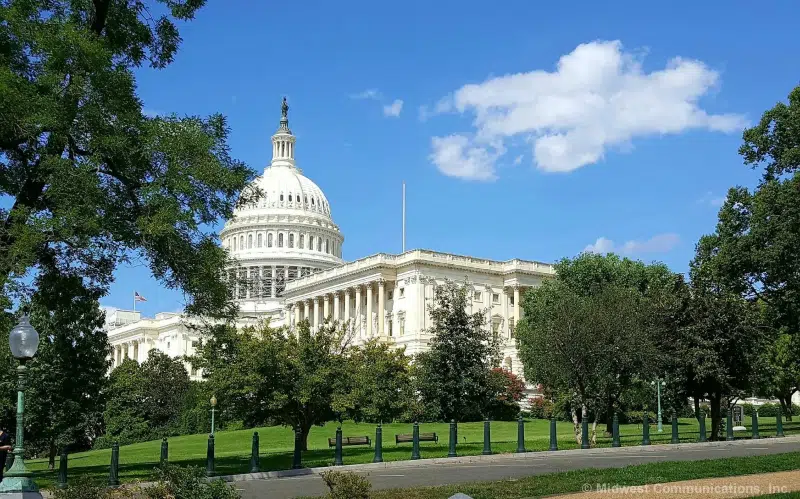WASHINGTON (Reuters) -The U.S. House of Representatives on Friday passed and sent to the Senate a two-day stopgap extension of existing federal funds to avoid a midnight government shutdown, as negotiators work on a $900 billion coronavirus aid bill and a $1.4 trillion government-wide spending bill through September 2021.
The Senate is expected to try to vote later on Friday on the stopgap measure, which provides government agency funding through midnight on Sunday. It will need the cooperation of all 100 senators to bypass procedural steps and hold a quick vote.
If it passes in the Senate, the measure would go to President Donald Trump for signing into law.
After months of partisan finger-pointing and inaction, Republicans and Democrats have been negotiating intensely on what is expected to be the biggest package since spring to provide relief to a country struggling with a pandemic killing over 3,000 people a day.
With some support from Trump, who leaves office on Jan. 20, and Democratic President-elect Joe Biden, they have reported progress.
But enough differences remain – including a dispute over a Republican-backed plan to rein in Federal Reserve lending programs intended to ease the pandemic’s economic sting – that talks look likely to stretch into the weekend.
Senator John Thune, the chamber’s No. 2 Republican, said an agreement was coming together, but disagreement over the Fed rules was a major sticking point.
“That’s a big one,” he told reporters at the Capitol. “There are various ideas about how to resolve that, but it’s something that’s a very big priority for a lot of our members.”
Some Republicans accused Democrats of using the lending authorities as a backdoor way to provide aid to state and local governments that Republicans dismiss as a “slush fund” for Democratic-controlled local governments.
Other sticking points include disagreements over the extent of relief for arts venues closed by COVID-19 restrictions and a dispute over whether to increase reimbursements from the Federal Emergency Management Agency to local governments for items like personal protective equipment for schools.
Many issues have been settled. The coronavirus legislation is expected to include onetime checks for most Americans of about $600 each, extended unemployment benefits of $300 per week, help for states distributing the vaccine, and assistance for small businesses struggling through the pandemic.
Congressional leaders plan to attach the COVID-19 aid to the $1.4 trillion spending bill.




